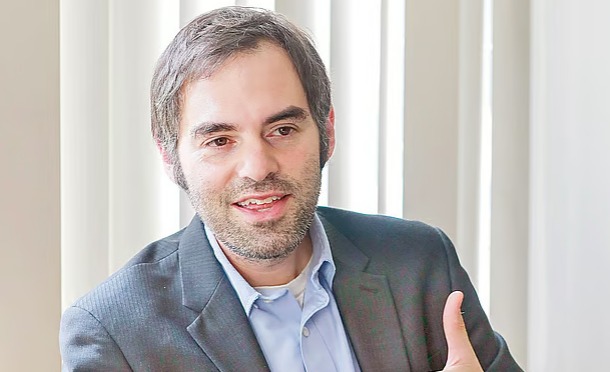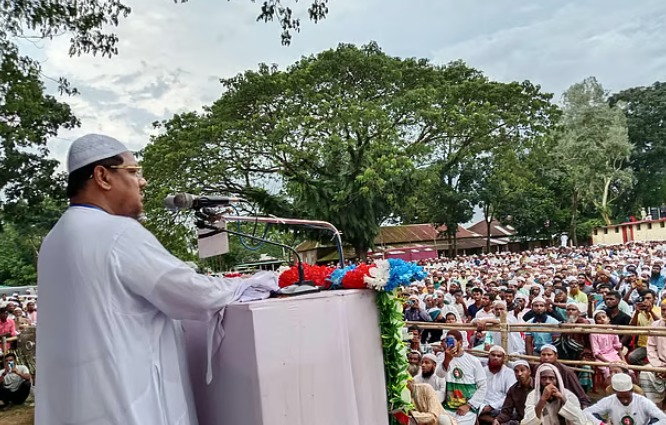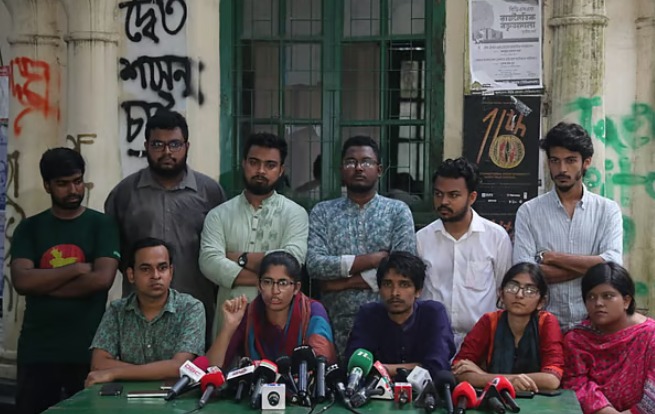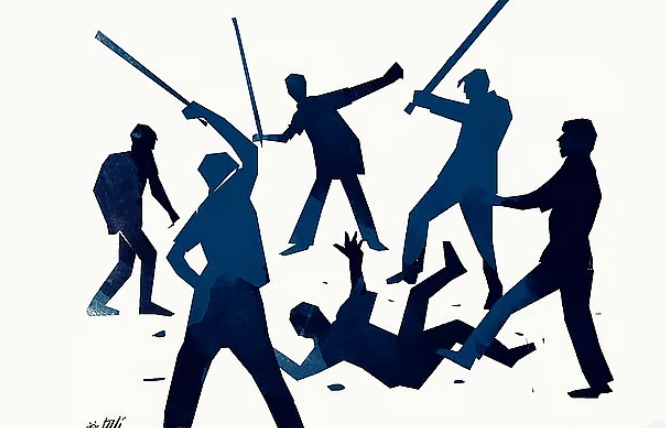Desk Report,
Next election will be big test for post-Hasina Bangladesh: Kugelman
The interim government has announced that national elections will be held in February next year. In this situation, ‘post-Sheikh Hasina’ Bangladesh will have to go through a major test, believes South Asia analyst Michael Kugelman.
Next election will be big test for post-Hasina Bangladesh: Kugelman
South Asia analyst Michael Kugelman wrote in the US magazine Foreign Policy’s South Asia Brief, ‘Bangladesh has long been deprived of free and fair elections, and next year’s elections will be a major test for post-Hasina Bangladesh.’
Last Tuesday (August 5), Chief Adviser Professor Muhammad Yunus announced that the national elections will be held in the country before the holy month of Ramadan in February next year. The next day, a letter from the Chief Adviser’s office to the Election Commission requested that all preparations for the national parliamentary elections be completed before Ramadan in February 2026. The letter formalizes the government’s request to the commission to hold the elections. In a letter sent to Election Commission Senior Secretary Akhtar Ahmed, Principal Secretary to the Chief Advisor M Siraj Uddin Miah requested that all necessary measures be taken to organize a ‘free, fair, peaceful and festive’ national election of the expected quality within the stipulated time.
Last Tuesday (August 5) marked the first anniversary of the July-August mass uprising. On this day last year, Sheikh Hasina fled to India in the face of student-led protests.
Kugelman wrote, ‘The news of Hasina’s resignation came after weeks of student-led protests. Security forces cracked down on protests against her authoritarian rule, killing more than 1,400 people.’ He added, ‘Hasina’s departure has had a profound political impact on a country that had been under the rule of her Awami League for more than 15 years.’ Kugelman added, ‘Today, Bangladeshis are generally happier and freer than ever before. But the post-revolution honeymoon is long over.’
Kugelman also noted that the interim government, led by Nobel laureate Professor Yunus, is struggling to stabilize the economy and strengthen law and order. He added, ‘Meanwhile, Salil Tripathi writes in Foreign Policy, the country’s vindictive political cycle continues.’
Many of the leaders during the movement, who later joined the interim government, resigned earlier this year and formed new political parties. They are still working to implement the ambitious structural reform promises made after Hasina’s fall, Kugelman wrote. “But progress has stalled, and many Bangladeshis are frustrated by this,” he said.




